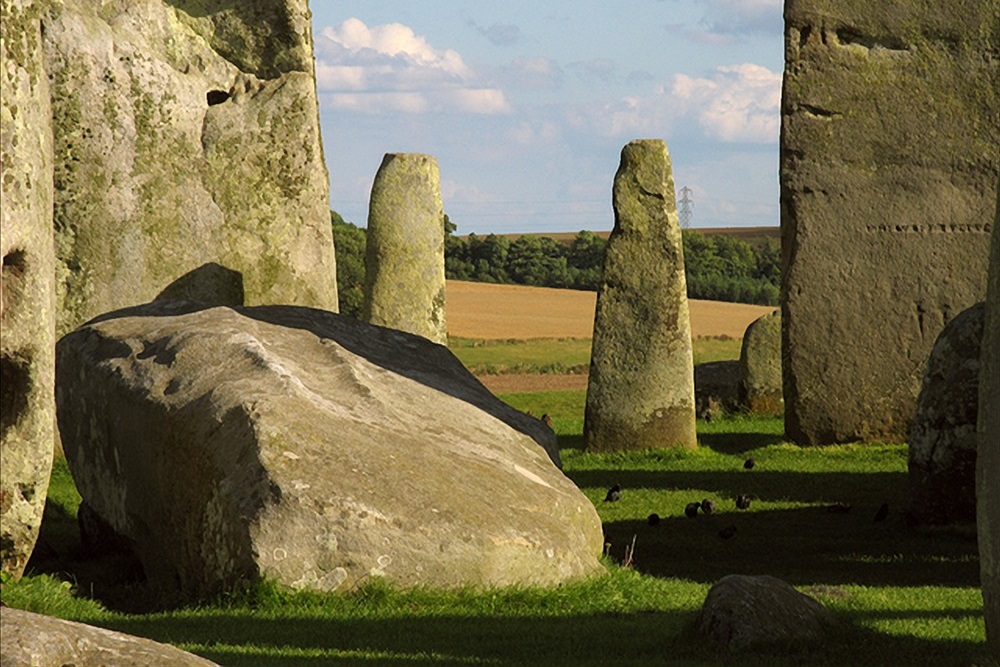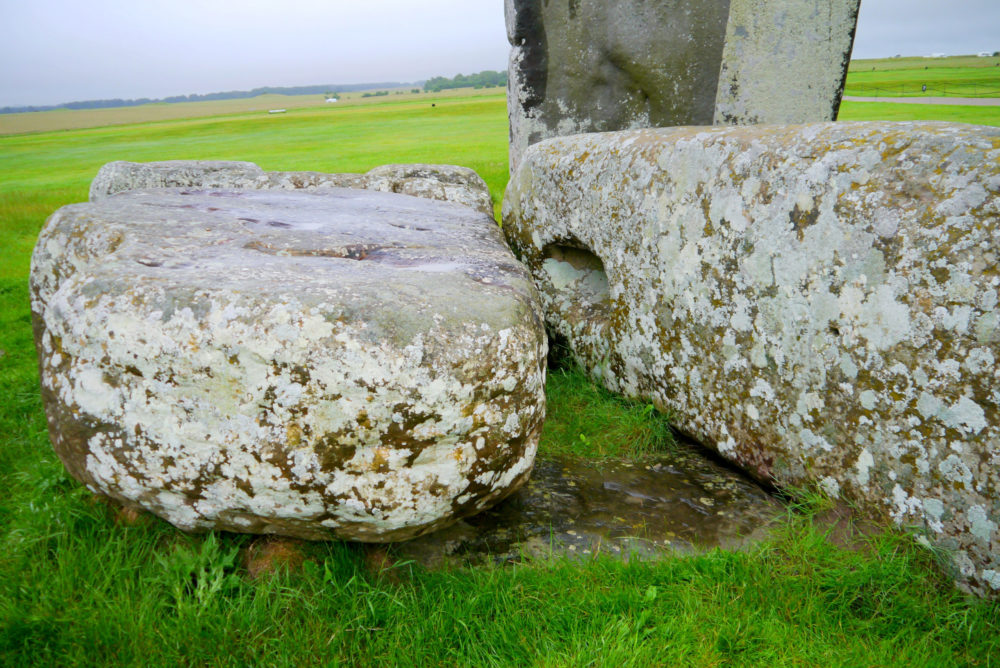Stonehenge origins search heats up as Orkney ruled out

Scientists’ search for the source of Stonehenge’s iconic Altar Stone has intensified, with a new paper ruling out Orkney as its original home.
The new findings follow last month’s news that the largest “bluestone” at the heart of Stonehenge came from the Orcadian Basin of north-eastern Scotland, and not from Wales as previously thought.
Construction at Stonehenge began 5,000 years ago, with changes and additions to the ancient site happening over the next two millennia.
Although it is unclear when the Altar Stone arrived at Stonehenge, it may have been placed within the world-renowned central horseshoe of stones during the second construction phase at around 2620 – 2480 BC.
With many Neolithic monuments, and having the right geological features, Orkney seemed a likely candidate for the source of the Altar Stone.
Mystery
Published in the Journal of Archaeological Science: Reports, the new research examined both the five exposed Neolithic-age stones at the Stones of Stenness and seven others at the Ring of Brodgar on mainland Orkney, similar in size and rock type to the Altar Stone.
The research concludes that the six-tonne Altar Stone at the heart of the ancient site was not sourced from Mainland Orkney but elsewhere within north-eastern Scotland.

Professor Richard Bevins from Aberystwyth University, the lead author of the new study, has been investigating Stonehenge for the last 15 years.
He said: “The mystery of where the stone came from is becoming clearer and clearer as we begin to rule out specific areas in north-east Scotland. This research is radically changing our thinking about the origins of the Altar Stone. It’s thrilling to know that our chemical analysis and dating work is slowly unlocking this great mystery.
“The Altar Stone is anomalous in many ways to both the bluestones and the sarsens at Stonehenge. Whilst, at six tonnes, it is nowhere near the size of the sarsens, it is substantially larger than the bluestones, with which it has previously been classed. It lies in an unusual position at the monument, occupying a near central location and not within either the Bluestone Circle or the Bluestone Horseshoe. It is also grey-green sandstone, unlike all the other bluestone rock types.
“As an academic, I have been fascinated by Stonehenge for decades. I and my other colleagues in the team will continue to work to pin down where exactly in the north-east of Scotland the Altar Stone came from.”
The new research adds to findings by Aberystwyth University and other UK and Australian scientists published last month in Nature that concluded that the Altar Stone came from north-eastern Scotland.
In turn, this built on previous Aberystwyth University research that ruled out its Welsh origins and suggested that it should no longer be classified as a bluestone.
Support our Nation today
For the price of a cup of coffee a month you can help us create an independent, not-for-profit, national news service for the people of Wales, by the people of Wales.






If they use period relevant terms, wether it’s Scotland or Wales, it was still obviously built by Britons. So the heritage would still belong to the people of Wales.
Correct.
Let’s be honest, scientists are working very hard to prove that none of Stonebloodyhenge was from Cymru just to take that claim away from us too!! FFS let’s move on for goodness sake. Wouldn’t these scientists be better employed trying to find cures for diseases!! It really is absurd that we have a “black financial deficit hole” and millions are being spend trying to prove where a bloody stone came from! Hundreds of OAPs might die this winter from hypothermia because this ****ing government has taken their winter fuel allowance.
It is a kick in butt from behind I know…
But this Aber and as this particular bit of history is ours…
Sadly the priests were too bone-idle to invent a language…
As for tomb robbers, can we keep their dirty nails out of people’s intestines…